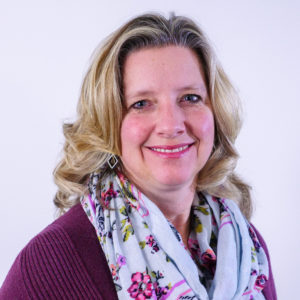
Readings:
Reading 1: Wisdom 12:13, 16-19
Responsorial Psalm: Psalm 86:5-6, 9-10, 15-16
Reading 2: Romans 8:26-27
Gospel: Matthew 13:24-43 or 13:24-30
Today’s readings express the paradox that while God’s judgment is righteous and eventually, final, it is simultaneously merciful and lenient. In the Parable of the Sower in Matthew, Jesus sows his followers – us, the good seed – into the world. The sower hopes that the children of God will bear fruit and become wheat to bake into bread. The Sower wants his seeds to eventually become nourishment that feeds and brings more goodness into the world.
From our perspective of being the reader and hearer of the word, we recognize that we are the seed, which perhaps will grow into wheat, but we do not actually really know, do we? Will we grow into wheat or weeds? Are we growing into the expected fruitful product or not?
Being born in the very late 60s, I often call myself a child of the Second Vatican Council. My parents and the adults around me promoted the developments of the Council, and our parish priests and sisters worked hard to teach and integrate the message of the council in word and action. The universal call to holiness became the constant message in homilies and reflections as leadership of the non-ordained expanded throughout our parish life. Each person had a call to be holy in whatever state of life we chose. Each person had a vocation to respond more clearly and actively to the reality expressed in our second reading, that God’s Spirit, present within us, guides and strengthens each of us day by day, even to the point of leading us in our prayer.
Two of the images of the kingdom of God in the gospel presume the goodness of the “seeds” that provide evidence of God’s activity on earth. Leaven activates the flour to grow and expand and form the dough into one loaf. The mustard seed grows into a tree that becomes a home for God’s creatures. While these naturally occurring images assume the advancement of goodness and life, the final parable allows for another type of seed to exist, a bad and evil seed sown by the evil one. This parable begs the question: Are we the children of the kingdom? Am I a child of God’s kingdom? Am I a good seed or a bad seed?
The posing of this dualistic question reminds me of an experience I had early on in my professional life. I was teaching and working as a pastoral minister in a Catholic high school. The principal, a man some 25 years my senior, and I were walking down the hallway together. He said wistfully, “Oh, Marian, sometimes I just long to be in the period before the council again. Things were so simple then.” I was honestly confused by what he was saying and I asked him what he meant. He responded, “Well, it was so easy. You just knew if you were in or if you were out.”
He was telling me that before the Council you always knew if you were a good seed or a bad seed, whether you would end up in the barn (heaven) or in the fire (hell). As someone born after the end of the Second Vatican Council, I was raised as a Catholic with a call to ever-growing holiness and love of God, self, and others. I have never experienced the spiritual clarity of knowing that I was surely in or surely out in terms of God’s judgment. We lived the unknowing, we lived the ambiguity and the question.
The Parable of the Sower puts these ultimately unanswerable questions before us. Are we growing into wheat or weeds? Do we serve as effective leaven for the world? Will we grow into a space that others can call home? We continue to live these questions for ourselves as we teeter on our spiritual growing edges and await God’s final and hopefully merciful answer.
Marian Diaz, DMin
Director of Continuing Education and Summer@CTU